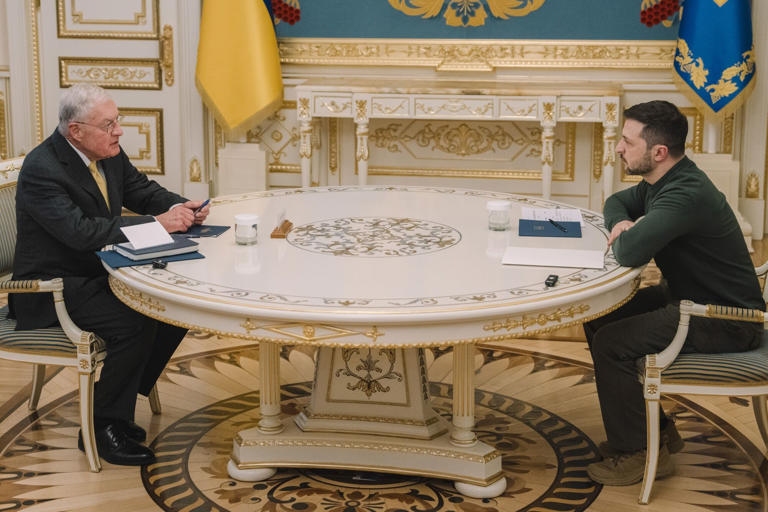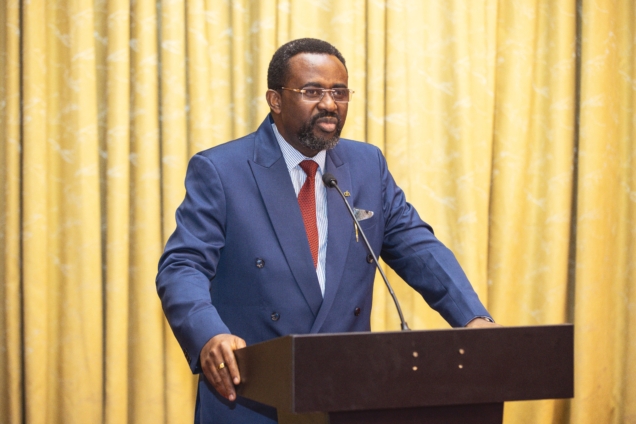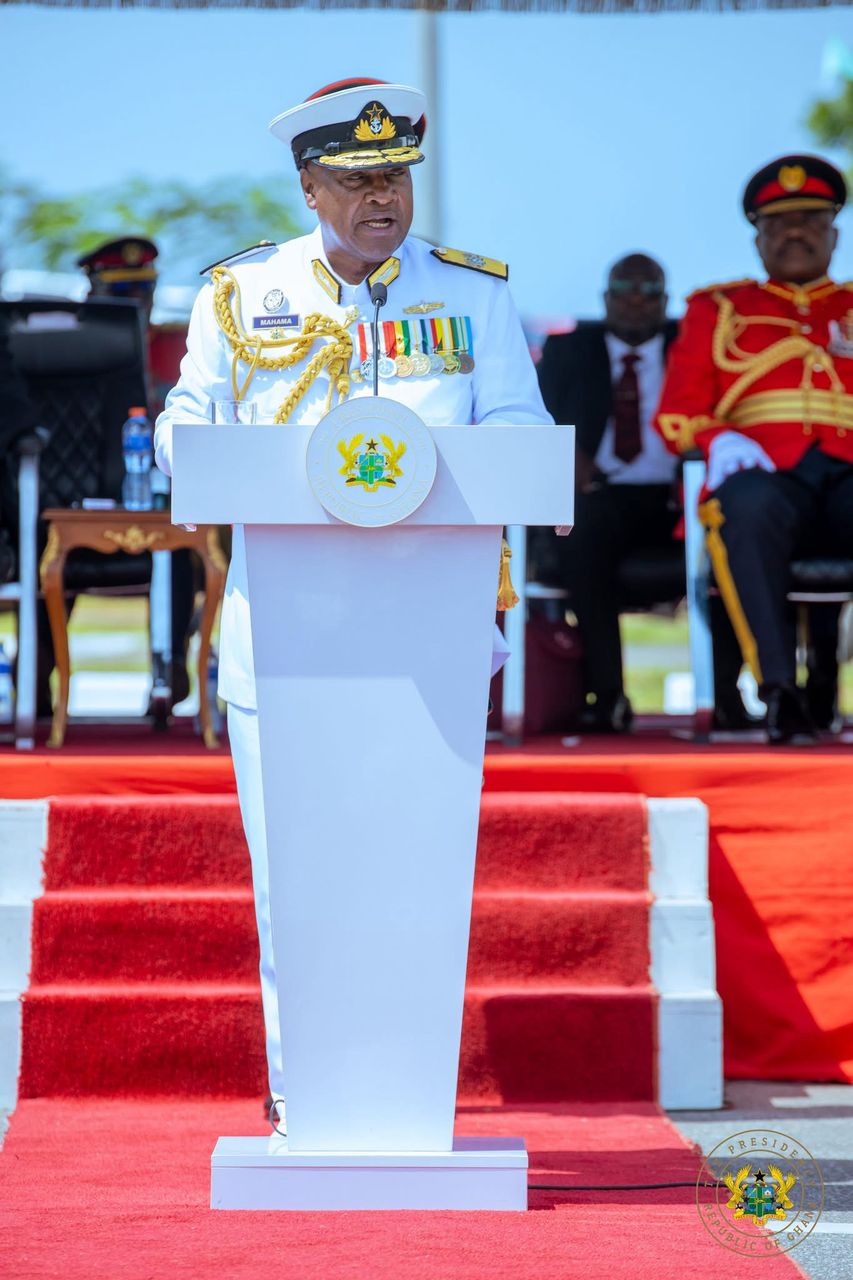U.S. Pushes Ukraine to Finalize $500 Billion Mineral Deal Amid Growing Tensions
The United States is ramping up pressure on Ukraine to finalize a $500 billion minerals deal that would grant American companies access to Ukraine’s vast rare earth resources. This move comes at a time when diplomatic tensions between Kyiv and Washington are rising over Ukraine’s public criticism of the U.S. government’s stance on its ongoing conflict with Russia.
Washington’s Urgent Call for Agreement
White House National Security Adviser Mike Waltz has urged Ukrainian President Volodymyr Zelenskyy to temper his public remarks and reconsider signing the agreement. Waltz stressed that the deal is crucial for both nations, arguing that Ukraine should “tone it down, take a hard look, and sign that deal.” He emphasized that securing U.S. investment in Ukraine’s rare earth minerals would not only boost the country’s economy but also serve as a long-term security assurance.
The deal, reportedly valued at half a trillion dollars, would allow U.S. firms to extract and process Ukraine’s extensive mineral resources, which are essential for industries such as defense, electronics, and renewable energy. Washington sees the agreement as a way to lessen dependence on Chinese mineral supplies and solidify its strategic partnership with Kyiv.
Zelenskyy’s Concerns Over National Interests
Despite the U.S. push, President Zelenskyy remains hesitant, citing concerns over the sovereignty of Ukraine’s resources and the absence of concrete security guarantees in the agreement. “I can’t sell Ukraine,” Zelenskyy reportedly told senior officials, implying that the current proposal does not adequately safeguard national interests. Ukrainian officials argue that while U.S. financial aid has been crucial during the war, it does not justify handing over control of key mineral reserves.
A former high-ranking Ukrainian official described the deal as resembling “a colonial agreement,” suggesting that it disproportionately favors American interests over Ukraine’s long-term economic stability. Some in Kyiv believe the agreement should include clearer provisions ensuring that Ukrainian companies benefit from the extraction and processing of the minerals rather than merely leasing out resources to foreign entities.
Diplomatic Strains and Political Fallout
The debate over the minerals deal has further strained diplomatic ties between the two allies. Recent comments from Trump administration officials suggest frustration with Ukraine’s resistance, with some warning that continued reluctance could impact future U.S. support. Waltz and other high-ranking officials have maintained that signing the deal would strengthen Ukraine’s economic foundation and fortify relations with Washington.
However, Ukrainian lawmakers and opposition figures have voiced concerns that Zelenskyy is being pressured into making economic concessions under the guise of diplomatic support. Some argue that Ukraine should seek more balanced agreements with other international partners rather than relying solely on the U.S.
What’s Next?
As negotiations continue, the world is watching closely. With Ukraine at a pivotal moment in its war and economic recovery, the minerals deal could shape its post-war landscape. The outcome of these talks will determine not only Ukraine’s access to global investment but also the nature of its evolving relationship with the United States.
Both sides face critical decisions: Ukraine must weigh its economic needs against national sovereignty, while the U.S. must balance its strategic interests with maintaining a strong and cooperative partnership with Kyiv. For now, the future of the $500 billion minerals deal hangs in the balance, with high stakes for both nations.








